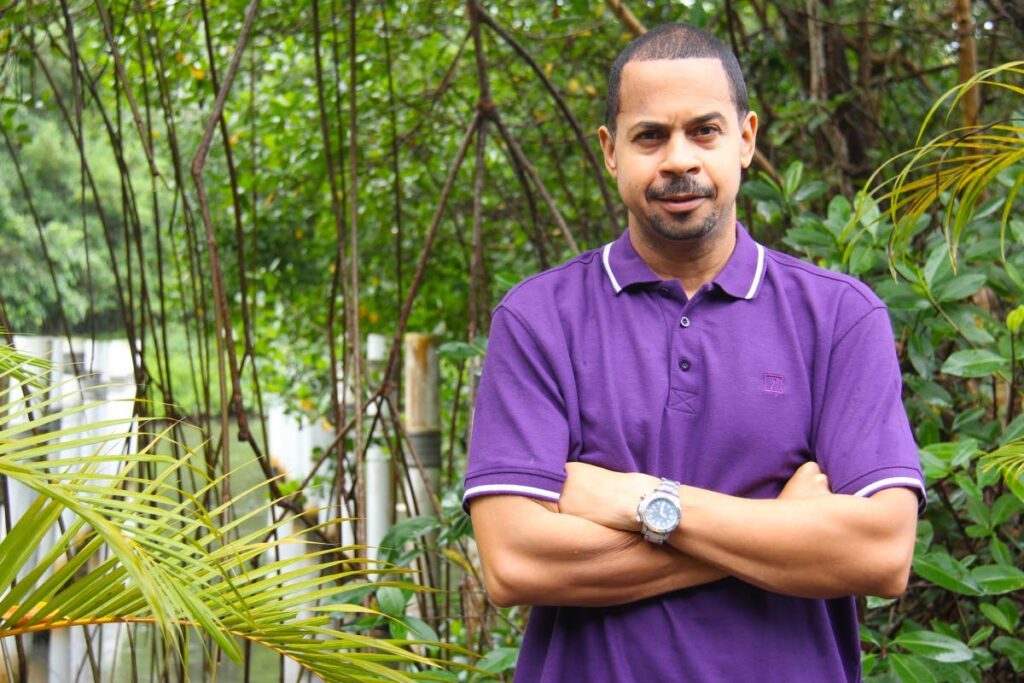The human ethical dilemma of AI

Paolo Kernahan
“Humanity's existential threat comes not from artificial intelligence, but man's intent in its creation”
– Paolo Kernahan
RECENTLY there was some minor titillation between actress Scarlett Johannson and OpenAI, the latter having been accused of using a voice eerily similar to Johannson’s for its new GPT-40 model, Sky. The actress had previously been approached to be one of several voices for the new model but she turned it down. Johansson, who famously played a similar AI interface in the film Her, is now suing OpenAI for using or reproducing her voice without permission.
Tech industry journalists are clanging the alarm bells over the ethics of this technology. The assertion is that tech pioneers are concerned primarily with the mission and far less so with ethical considerations. It’s the old, I’d rather ask for forgiveness than permission ethos. AI advocates are so convinced of the good it will do that the potential far outweighs the costs. This is, of course, a dicey calculation. Now, there’s no putting the genie back in the bottle, but neither are there any serious legal parameters around which that genie must operate.
A teacher in Maryland in the US used AI to create fake racist, antisemitic messages in the voice of his boss. Even though the ruse was quickly traced to the culprit, this demonstrates a fraction of the dangerous potential of AI in the wrong hands. That’s the point, isn’t it? We’ll never be short-handed in the wrong-hands department.
AI isn’t the menace imagined by many. The technology isn’t sentient; not yet anyway. The true danger is the intent buttressing the development of this technology. Ultimately AI will merely amplify human proclivities, failings and instincts.
Wealth disparities will widen further as the upper echelons consolidate more resources and control; all abetted by technology. A diminishing proletariat will continue supporting the lifestyles and wealth creation of a shrinking, but more powerful class of uber affluent.
Much of the chatter around AI hinges on the uncountable number of tasks and jobs that will be usurped by the technology. Some economists have trilled about this “upside,” saying it will free up humans from many mundane blue-collar burdens to take on more meaningful pursuits. This is, of course, nonsense, as earning a wage to raise a family or provide for oneself is itself a meaningful pursuit.
Such wildly detached opinions imagine factory workers chained to assembly lines when they could otherwise be out there becoming the next Steve Jobs or JK Rowling. AI, as an expression of the capitalist imperative, will continue to automate every job that can be dehumanied. This is no fevered speculation.
When the US$20 minimum wage was signed into law in California there was celebration and tears of joy among half a million fast food workers. Yet, there are also tears of sorrow as the industry responded with plans to cut staff and automate more processes. Why? Ultimately businesses aren’t built for people but profit. Any advantage AI can give in that regard will be embraced without reservation.
OpenAI CEO Sam Altman says the technology “will create a path where the world gets better and more abundant each year.” That’s the sort of nebulous rhetoric people in the tech world feed to non-tech people who don’t understand AI.
Altman, however, adds the caveat that notwithstanding the potential risks of the technology, if it’s placed in the hands of responsible people (which is the proclaimed mission of OpenAI) it will be a force for good. We’re barely out of the gate with this thing and the debacle with Scarlett Johansson shows that those “responsible hands” are decidedly…irresponsible.
Creators of AI suggest these technologies could tackle vexing challenges like climate change, disease and poverty. But it can be argued that we already know the solutions for these problems – reducing our carbon footprint, fostering political stability, clean drinking water and healthy foods, improving educational opportunities for all people, etc.
Do we really believe poverty couldn’t be considerably reduced if every country in the world puts its shoulders to the task? Our problems haven’t been meaningfully addressed because they don’t fit in with the prime directive of human civilisation – untrammelled growth. AI will simply follow on the tracks already laid by us because it’s learning from humanity.
In this respect, the hot pursuit of AI followed a similar trajectory to the atom bomb: just get it done and fret over the implications later. We all know how that went.

Comments
"The human ethical dilemma of AI"